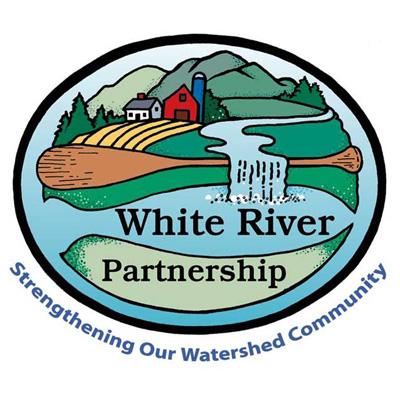Multi-Criteria Decision Aid for Northern Forest Lands: Participatory Tools for Balancing Ecological, Social, and Economic Considerations

The vitality of communities in the Northern Forest depends on the relationship between forest ecosystems and community values. Sustainable approaches to forest land management must actively engage citizens to address the complex social, economic, and ecological challenges facing watersheds, communities, and working landscapes. This project designed, tested, and implemented a small group decision-making process in central Vermont’s White River watershed. NSRC researchers worked closely with the White River Partnership, a citizen’s group wrestling with issues similar to those of communities throughout the Northern Forest region.
Researchers and University of Vermont students helped the Partnership’s forestry working group survey for watershed-wide opinions (on forest land ownership, management, public access, and development) and hold community forums. Of the 208 respondents, 70% have forest management plans, 52% use a forester on a regular basis, and 17% post land against trespassing mostly because of concerns during hunting season.
Over 85% of residents agreed that land stewardship incentives should be available, forest management plans should address stream/river water quality, and forests can be managed for both economic and ecological values. Opinions were split on restriction of certain activities on private land, amount of public-owned land in the watershed, and incorporation of community-based planning in private management plans. By testing the small group decision-making approach with the collaboration of a successful citizen group, researchers developed a decision-making process that can be extended to communities and watersheds throughout the Northern Forest region to reconcile needs of private landowners with values of their communities.
Download printable version [PDF]
Download full final report [PDF]
